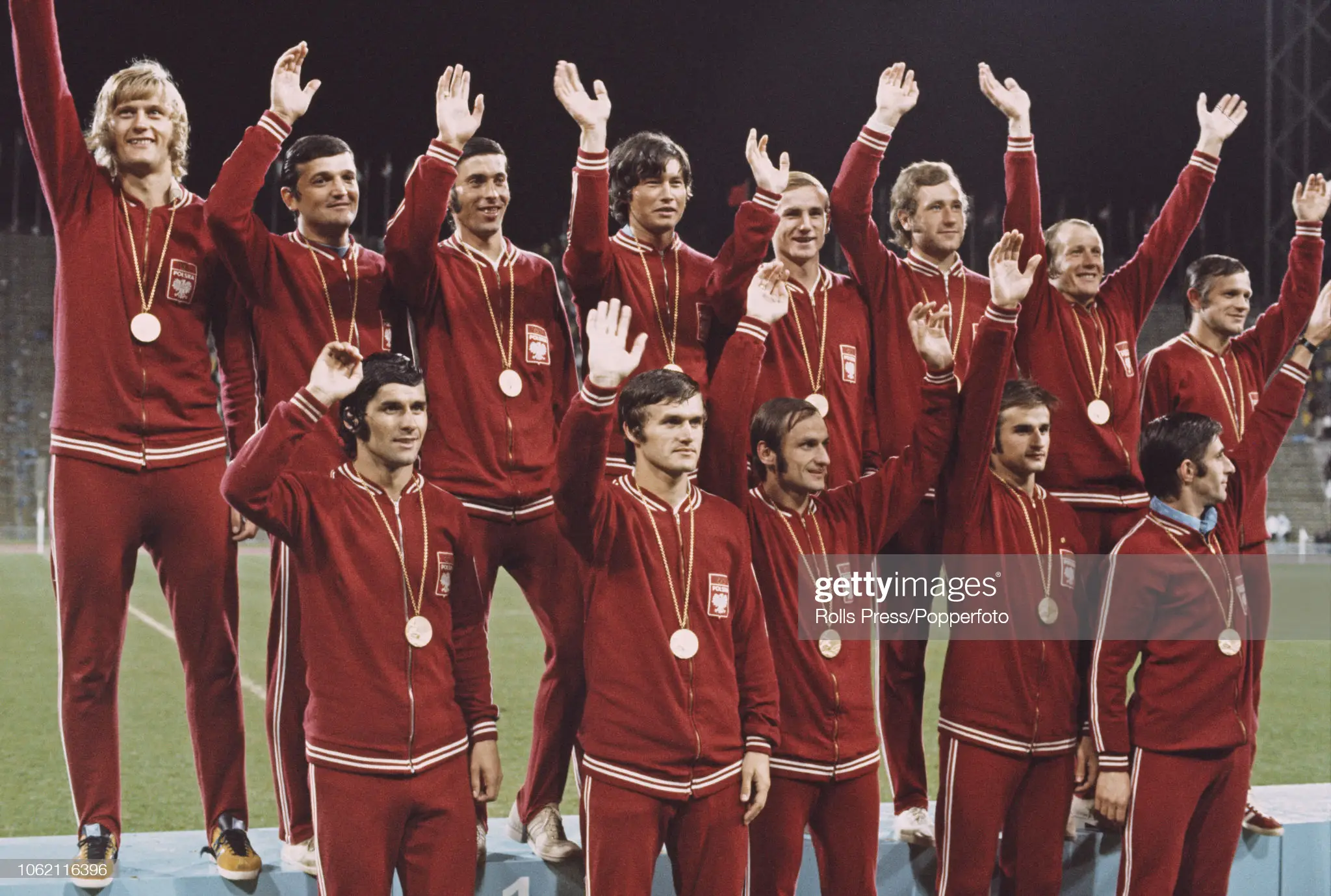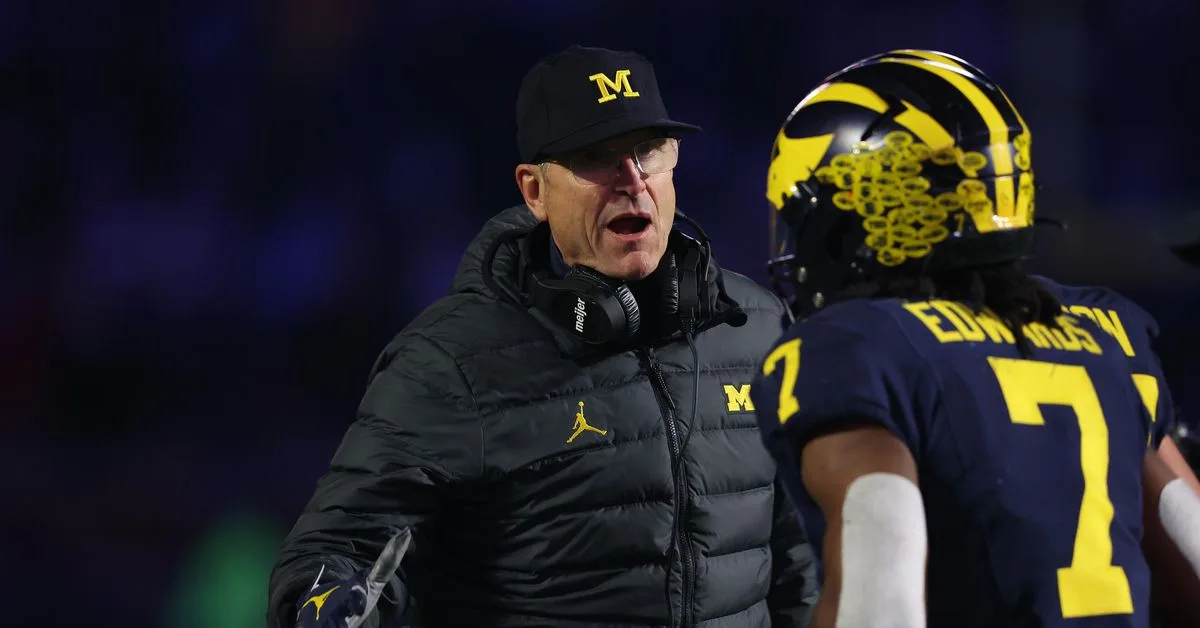
At the Qatar World Cup 2022, the narrative of the competition up until this point has been the void of objectives. After the USA held Britain to one more goalless draw on Friday night, a fifth of the colder time of year, the current year’s global contest is infringing nearer and nearer to the record of seven 0-0 draws at a World Cup.
All good, the count of seven has occurred in four releases, yet this year, like never before, it feels like the nature of striking choices in football is restricted. While Kylian Mbappe is seemingly the best of the best, and Lionel Messi stays indispensable to the objective getting privileged, these talismen are moved to the flanks, where their numbers are only a feature of an overall presentation imagined of them.
With regards to far and away advances, the cutting edge game is shouting out for them – or they’re ‘getting on’ at any rate, as we’d say in the UK. Yet, that is not for the ones that are attempting. Olivier Giroud is a layout for a splendid striker, as is Robert Lewandowski. However, while discussing the Clean place ahead, we, as football fans, are normally attracted to his failure to perform on the world stage.
Squeezing the ball from between the feet of a Saudi Middle Eastern protector, turning on the turbos to run towards the objective, before perfectly concealing the second of the game with a strategy any finisher couldn’t want anything more than to have in his big guns – according to the viewpoint of an easygoing football observer, the 34-year-old had sunk simply one more global objective among many.
All things considered, it was an extraordinary second for the aggressor in his dusk days, who had recently encountered his most memorable taste of an objective at a World Cup. In no way, shape or form was this a ‘did you know’ circumstance by which it uncovered Lewandowski of the fatal flaw, however more a demonstration of his public group’s unavailing progress in ongoing many years.
Prior to meeting all requirements for the 2022 World Cup and scoring only one triumph from three in the 2018 Russia World Cup, crashing out in the gathering stage, Poland had not come to the 2010 and 2014 competitions, showing their frailties as a football country.
This was not generally the situation, nonetheless, as at the 1974 World Cup, held in West Germany, Polska moved themselves to a verifiable third-set finish. It is a story not consistently told these days, yet one that ought to be held high with respect to World Cup sentiments.
Polska’s transcendent preface
The resurgence of Poland started in 1970 after the arrangement of Kazimierz Górski as their lead trainer. In spite of his origin falling in Lviv Ukraine, he changed devotions to Poland subsequent to carrying out his specialty for a few Clean clubs like Legia Warsaw. His effective playing vocation was cradled continuously Universal Conflict, prompting only one worldwide cap for the red and whites.
Declining to be discouraged by his global freshness as a player, he would before long turn into the main light in his country’s most prominent period at an administrative level. He began as the mentor of the Clean public junior group from 1956 to 1966, then the Clean U-23 public group from 1966 to 1970, lastly the main Poland public football crew from 1970 to 1976.
The his rewards for so much hard work for his country previously showed up at the 1972 summer Olympics, amusingly enough held in West Germany, very much like their future World Cup tries. Poland played some convincing football along the street, scoring 19 objectives across six games prior to beating Hungary 2-1 in the last before 80,000 individuals.
Indeed, even after their olympian victory, no one anticipated that Polska should meet all requirements for the impending Scene Cup, and a few equals can be drawn between the 1972-74 Poland group and the 1950s Mystical Magyars of Hungary.
Their passing gathering comprised of Ribs and Britain and after Polska were easily beaten 2-0 in Cardiff in Walk 1973, there appeared to be minimal possibility that the red and whites would rise out of the three-group bunch.
A triumph against Britain, notwithstanding, changed the dynamic. While Sir Alf Ramsay was feeling the squeeze, the Posts required only an attract to traverse, and they did exactly that. Britain were out, lastly, Polska were considered an extraordinary side.
Bunch stage
However they had qualified, Górski’s Clean party’s sternest test would come in the knockout gathering that pruned, with Argentina, Italy, and Haiti going along with them. Two countries with World Cup family would doubtlessly be major areas of strength for excessively the Posts – basically that is what everybody accepted.
What the remainder of the competition didn’t know was that Polska had a couple of stunts at their disposal. All things considered, it was goalkeeper Jan Tomaszewski who was generally answerable for Britain’s ruin in qualifying, and he was crucial to Poland’s possibilities. Going with him in safeguard was the goliath, objective scoring community back Jerzy Gorgoń, who aided keep the backline durable.
In front of him was the crown gem of Poland’s motor room. Kazimierz Deyna was a visionary player from Legia Warsaw that could flip games completely around without help from anyone else. In the middle of within to set out open doors for his advances, Deyna’s 1974 exhibitions would have procured him a transition to Europe had Poland’s socialist system permitted him to do as such.
In assault, Poland bragged the completing skills Grzegorz Lato, Andrzej Szarmach and Robert Gadocha. The 1974 World Cup focused a light on Lato’s wonderful speed and strike of the ball as he became fundamental to Poland’s third-set finish. Collaborating him in the middle forward job was Górnik Zabrze, a player who had an exceptionally dismissive look about him and had speed and sharp striking abilities.
The two of them profited from the wing play of Gadocha, whose conveyance in the container was a typical locating in West Germany.
Polska started their 1974 mission with sensible assumptions. Before this, they had just at any point equipped for one World Cup back in 1938, in which they lost their initial game 5-6, killing them at the initial season of inquiring. In the mean time, the top picks were West Germany and Brazil, while Netherlands, Italy, and Argentina were second in line.
This implied that Polska had an extreme errand to get away from the gathering of death. Yet, inside the initial eight minutes of their initial game, they gave boundless indications of doing precisely that. With the main objective falling at the feet of the momentary Lato, and the 2-0 pad coming through a brilliantly taken first-time shot from Szamarch, Argentina were dazed by the presence of the strong Clean offense.
Albeit the football-insane South American country pulled one back on the hour mark, Lato benefited from an unfortunate toss out by goalkeeper Carnevali, making it 3-1, preceding Carlos Babington’s mixed exertion gave the end objective in a 3-2 Clean triumph.
Haiti were next on Poland’s hit list, and a 7-0 squashing triumph depicted Polska’s power in the forward line. In the simplest apparatus the red and whites would be tested with, Szamarch and Lato shared five objectives. The main group left on the plan was the strong Azzuri.
In spite of highlighting Dino Zoff, Sandro Mazzola, Giacinto Facchetti, Fabio Capello and Pietro Anastasi, Italy ended up being another plain-cruising triumph for Polska. Scoring 12 objectives and surrendering only once, with a 2-0 triumph against the boot-molded promontory being the latest of three straight triumphs, Poland turned into the main group to get away from their gathering with a 100 percent record.
They were currently being viewed in a serious way.
The knockouts
In the subsequent stage, Poland were in a similar gathering as Sweden, Yugoslavia and West Germany. It was, ostensibly, the most straightforward of the two, for the Dutch and Brazilians were in the other gathering. There were no semi-finals thusly, albeit the media expected that the gathering between the hosts and Poland on July 3 in Frankfurt would conclude who might fit the bill for the last.
The two anticipated groups, West Germany and Poland, traveled thtrough their initial games, with the Shafts beating Sweden 1-0, as well as Yugoslavia 2-1 via a Deyna punishment but one more Lato objective from open play. The host country, in the interim, were really persuading, with a 2-0 over Yugoslavia and 4-2 over Sweden.
It set up a tempting last match day in Gathering B, with the champ of Poland versus West Germany advancing to the World Cup last (I know, the competition organizing was a piece temperamental most definitely in those days).
So close, yet up to this point
While heavy downpour undermined the strength of the pitch and the date of the apparatus, the show went for it. Played to the tune of Poland’s most significant donning apparatus up until that point, the thunderings came looking like the chance of the calm eastern European country arriving at a far-fetched World Cup last.
July third was a blustery day in Frankfurt, not just because of reasons past the climate. As the skies were whole-world destroying, the circumstances for Poland weren’t vastly improved, with groundstaff eliminating overabundance water from the pitch before the opening shot, influencing Poland’s ability to play their kind of football.
Had the match been played in 2022, the game would maybe never have gone on due to, first and foremost, wellbeing and security, and furthermore, the ludicrous turf the ball was supposed to move on. Fortunately, assuming there’s anything great that emerged from Qatar facilitating this release, that there’s just a crawl of chance any downpour whatsoever even brushes the pitch, not to mention a tempest you’d find in the jungles.
In any case, Poland needed to win, while the Germans would have qualified with an attract because of their prevalent objective distinction. In spite of the ball battling to move farther than a couple of yards all at once, it unfurled with a demeanor of energy as Sepp Maier and Tomaszewski ended up being key contrast creators at each finish of the contribute between the sticks.
Though the West German shotstopper was at his best to keep Lato from scoring, a player that proceeded to win the brilliant boot subsequent to indenting seven objectives, the last option of the two referenced goalkeepers prevented Uli Hoeneß from changing over a punishment after his feeble exertion was effectively held.




Outstanding feature